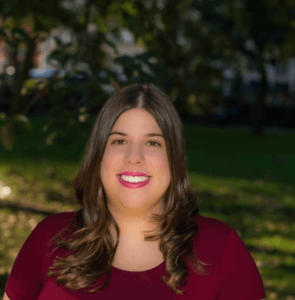Dialectical dilemmas, according to GoodTherapy are “the extreme states a person may present in treatment.” In DBT treatment, the goal is to find a healthy union of the two opposing ideas in whichever dilemma a patient presents.
Active passivity is just one component of the various major dialectical dilemmas.
Within active passivity a person makes no set strides to resolve the conflicts they find themselves within, as they feel they have no control over them anyway. Instead of taking action, they wait for others to solve problems for them or for the problems to solve themselves.
If you feel out of control when problems arise, you’re probably more inclined toward the active passivity model. The problems came up on their own and there’s nothing you can do about it anyway, right? So you might as well wait for them to be taken care of on their own (or by someone else).
But this can actually lead to MORE stress. Letting problems grow without trying to stop them makes us feel less in control & overwhelmed by stress. Essentially, the helplessness we feel initially when a problem arises only grows as we do nothing about it.
Instead, imagine you had an action plan for when problems arose.
At its core, active passivity is when a person lets their problems fester while they wait for someone else to resolve them instead of trying to resolve them themselves. This can lead to
- increased stress
- emotional overwhelm
- learned helplessness
So how can you approach active passivity? The first step is to clarify your values. To start, think about:
- What are your emotional needs?
- What are your personal responsibilities?
- What is necessary for your own personal self care?
Taking time to understand what you need to get done, what is necessary for you to take proper care of yourself, and what your emotional needs are will help you figure out where your values lie.
And once your values are clarified you can start to take action:
- Make lists: what do you want to get done, what do you need to get done.
- Be realistic: what can you keep on your plate? You can’t keep it all, so use the pillars you established while clarifying your values to help decide what to keep and what to ask for help on.
- Start small: take a small problem you’ve been avoiding and set aside some time to tackle it. Continue to do this with small issues as they come up, one at a time. Soon the stress you feel will die down, little by little, as you deal with each issue. Then you’ll have more energy to put toward larger problems.
“Active passivity is also like sitting on your hands while asking someone to help you stand up.” -Alexander Chapman

Alyssa Mairanz, LMHC, DBTC
Alyssa Mairanz provides counseling and therapy services for life transitions, relationship issues, self esteem, depression, anxiety, and DBT and Psychodynamic therapy in a NYC group practice in the Flatiron District near Madison Square Park. She also serves the Village, Chelsea, Union Square, the Financial District and the surrounding areas.
Empower Your Mind Therapy’s mission is to helps our clients build the life they want and find more happiness and satisfaction.



